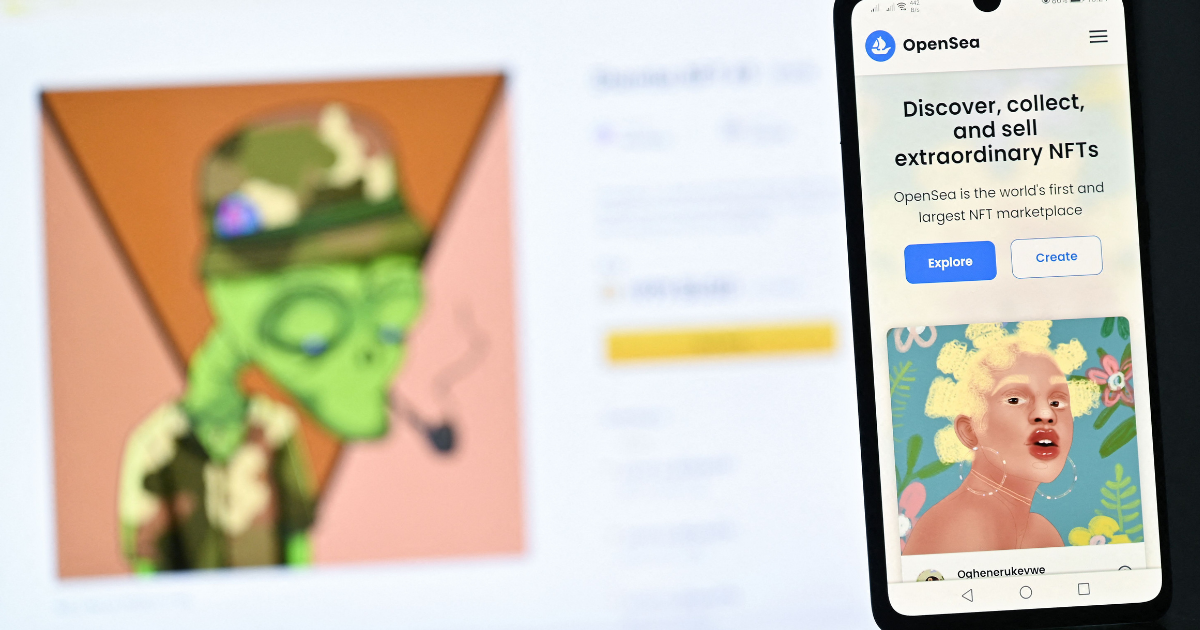That's a lot of fraud...
Take It Back
Forget a simple majority — OpenSea, one of the largest online NFT marketplaces — announced this week that a solid 80 percent of the NFTs minted through its free creation tool are spam, scams, or otherwise fraudulent.
OpenSea announced a reversal of the decision to limit free NFT minting in a recent Twitter thread because NFT and crypto fans were livid over the restrictions, but the company did offer an explanation for making the choice in the first place.
"Every decision we make, we make with our creators in mind. We originally built our shared storefront contract to make it easy for creators to onboard into the space," OpenSea said. "However, we've recently seen misuse of this feature increase exponentially. Over 80 percent of the items created with this tool were plagiarized works, fake collections, and spam."
Lo and behold, at least one artist in the replies accused an anonymous NFT creator of stealing their work and selling it for a profit online.
"Someone made a profile on OpenSea and took everything from my Twitter profile," a user identified as Holley said. "Now they are selling my art as NFT. This is not me! If you can help report this person I would appreciate it."
Make 'Em Pay
Copyright infringement isn't exactly new in the NFT space. Artists have been complaining about theft and hacking for months. Neither are scams, and just last week famous rock singer Ozzy Osbourne accidentally helped bilk followers out of thousands of dollars in crypto holdings.
The question is: what do we do? Recently, the Wall Street Journal advocated for crypto market regulation, which could help reduce scams and stabilize markets. The point of crypto was to be decentralized, but it's clearly not working out for talented artists and the buyers who purchase fraudulent or spammy NFTs.
More on bad crypto ideas: Facebook Is Reportedly Trying To Sell Off Its Botched Cryptocurrency
Share This Article
